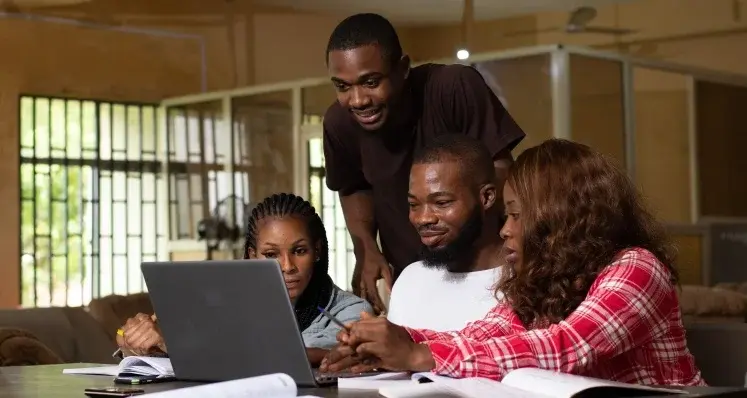Page 1 of 2By developing the Ekiosk app that enables subscribers to gain access to publications online, Lacina Kone wants to transform how news is disseminated across Africa, writes Stephen Williams
Lacina Kone has a bold vision that incorporates many strands. Not only is his Ekiosk platform setting out to aggregate the reporting of African news and current affairs across the continent, and indeed globally, but it will serve an environmental agenda in saving newsprint waste.
Kone also believes that by empowering publishers with his initiative, the role and culture of African journalism and journalists will be enhanced. He puts it this way: “One of the main objectives that led me to the development of this kind of platform is the fact that, in general in sub-Saharan Africa, there are few genuine journalists.
“Because they are not well paid, they seek payment to write their articles. They are not objective because of this lack of the funding, a lack of resources, and most of them count on being ‘subsidised’. Consequently, what you read in the papers is not always objective.”
So the idea behind Ekiosk is to provide a digital platform for publishers to offer their publications. The business model is to sell subscriptions to readers, by the title or multi-titles, for varying subscription times; a one off, a week, a month, six months or an annual fee. The beauty is that publishers pay nothing up-front but receive revenues as and when their offerings are purchased and downloaded.
Ekiosk operates on IOS, Android and Windows. Kone believes that by providing a new income stream for publishers and editors, journalists can expect improved salaries and will be better able to report accurately and factually.
Despite his rich background in communications, as well as the fact that he is an information and telecommunication technology advisor to Cote d’Ivoire’s President Alassane Ouatarra, Kone readily admits that it has been a real challenge to get his company off the ground.
“Finding investment in this part of Africa is difficult, chiefly for one reason. There is no investment banking here! The banks here are deposit banks – they are not investment banks. If you are looking for US$100,000 they will ask you for US$400,000 collateral. There are no venture capitalists.
“There may be a few individual ‘angel’ investors who are willing to take some risk, but the banks take zero risks in this region. People will only invest in your business when they see a history of revenues and when they know you have invested your personal money.”
Kone has seen how finance can be raised, and enterprises incubated, in other parts of the world. He has an unusual background as a Francophone Ivorian, having received his education in the Gulf, being taught in English and Arabic from the age of around 15-years when he admits he could not speak a word of English.
“My journey was not a typical one. I went to Qatar for my high school then to an American university in the UAE completing a Bachelor degree in electrical engineering.”
Following graduation he joined a British company in Dubai, which sent him to London. He finished the project he was hired for, before resigning to go to Brunel University to complete a Masters degree.
“Before actually finishing the Masters I went to the US to join the International Telecommunications Satellite Organisation (INTELSAT) in 1995, only joining Washington University in 1998 to finish my MBA in 2000. I worked as an engineer until I came back to my country in 2011 [at the end of the civil war] to lend my hand to the country’s development.”





















